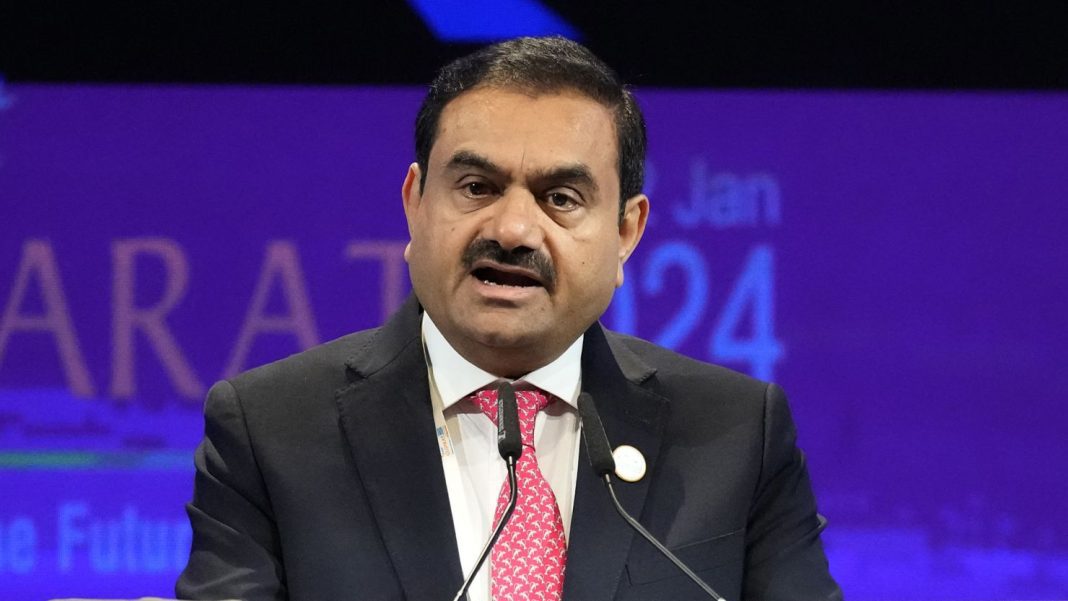In April 2025, Indian mutual funds significantly decreased their investments in the Adani Group, selling shares valued at more than ₹1,160 crore across eight of the conglomerate’s listed companies. This move indicates a cautious approach by fund managers amid ongoing concerns surrounding the Adani Group.
Key Highlights of the Divestment
- Adani Enterprises: Experienced the most substantial reduction, with mutual funds selling shares worth over ₹346 crore.
- Adani Energy Solutions: Saw a divestment of approximately ₹302 crore.
- Ambuja Cements: Faced a sell-off amounting to ₹241 crore.
- ACC: Shares worth ₹124 crore were offloaded.
- Adani Ports & SEZ: Witnessed a reduction of ₹7.7 crore.
- Adani Total Gas: Experienced a decrease of ₹3.43 crore.
Notably, Adani Power was the exception, with mutual funds increasing their stake by ₹102 crore during the same period.
Broader Investment Trends
This divestment aligns with a broader trend of mutual funds adopting a more cautious investment strategy. In April 2025, many fund houses increased their cash holdings, signaling a preference for liquidity amid market volatility and macroeconomic uncertainties.
Additionally, in the same month, the Nippon India Small Cap Fund exited its positions in Adani Wilmar, selling approximately 2.24 crore shares, further indicating a strategic realignment away from certain Adani Group companies. @EconomicTimes
Background on the Adani Group
The Adani Group, led by Gautam Adani, is a prominent Indian multinational conglomerate with diversified interests spanning energy, resources, logistics, agribusiness, real estate, financial services, and defense, among others. In recent years, the group has faced scrutiny due to allegations of financial irregularities and corporate governance concerns, which have impacted investor sentiment and stock performance.
Implications for Investors
The significant reduction in mutual fund holdings across multiple Adani Group companies suggests a reevaluation of risk and return profiles associated with these investments. Investors may interpret this as a signal to reassess their exposure to the conglomerate, considering both the potential risks and the evolving market dynamics.



